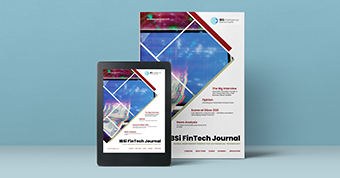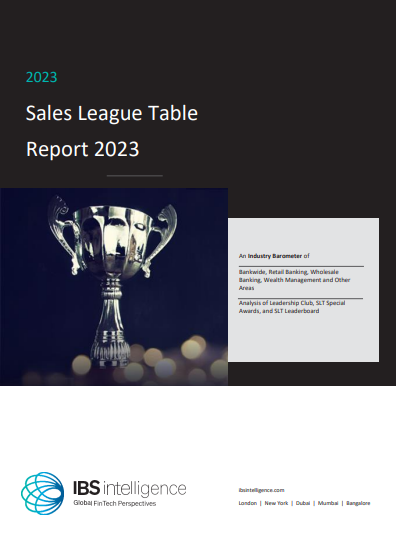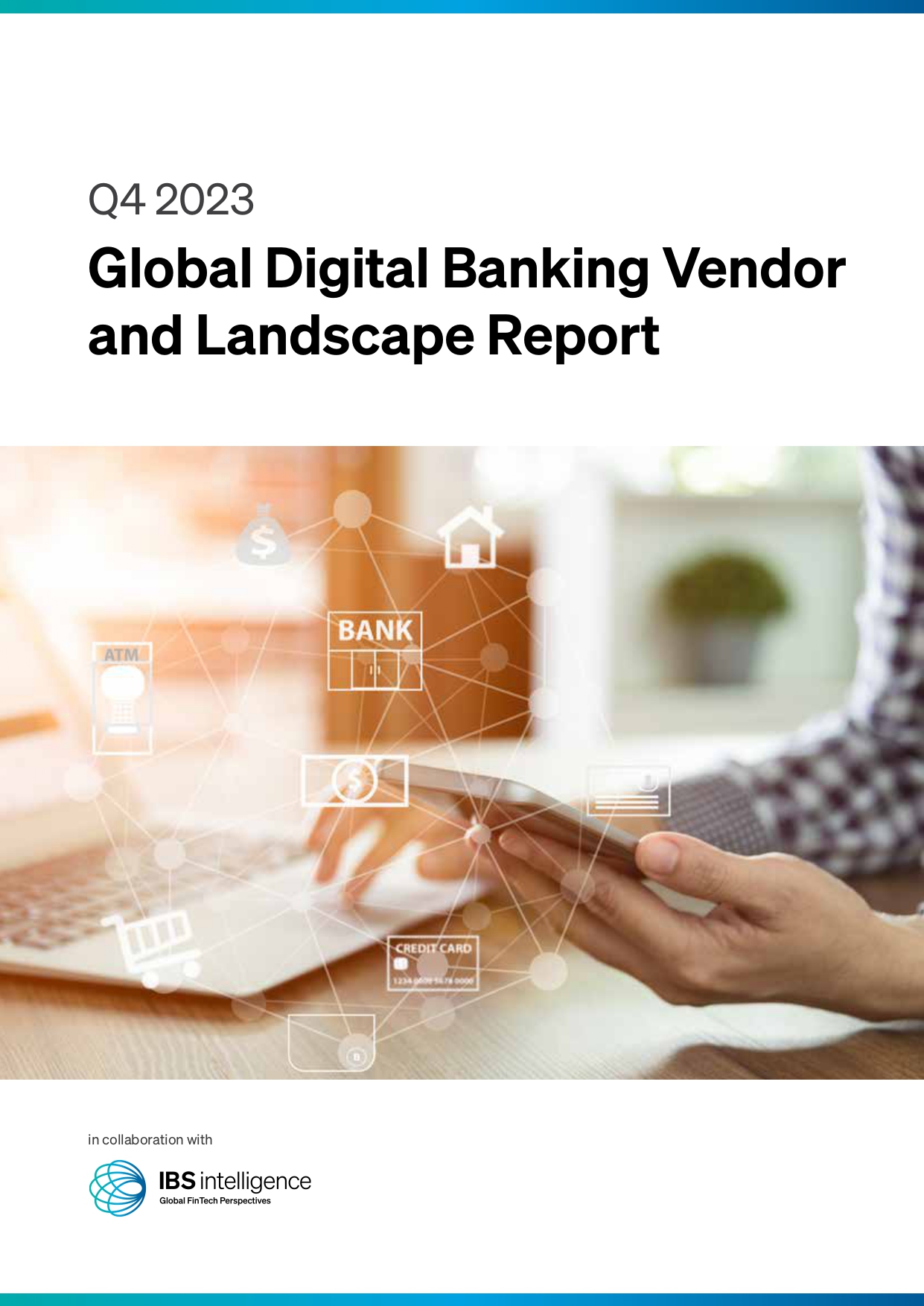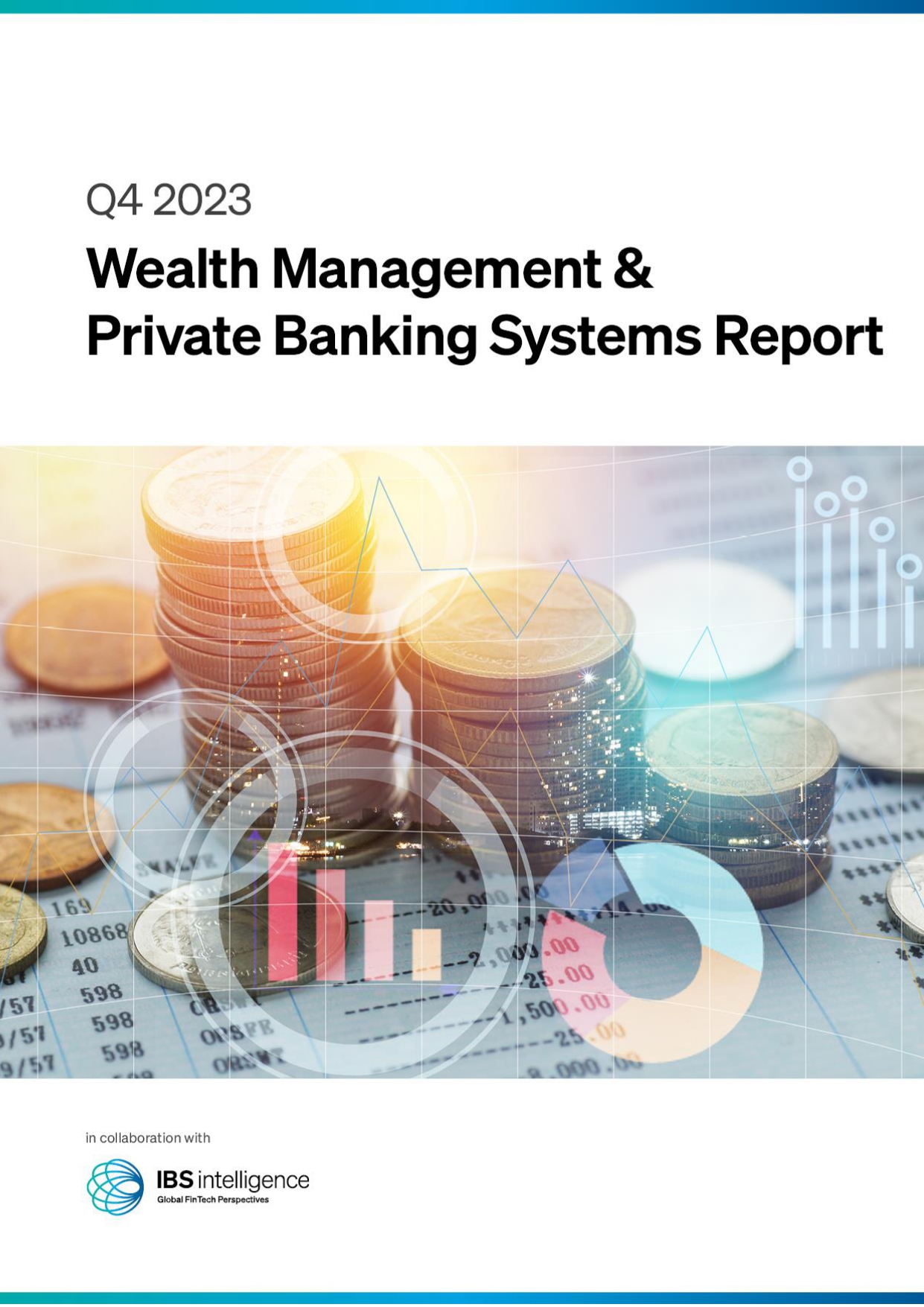DWF report states the efforts taken in the UK to fight financial crimes
By Joy Dumasia
 DWF is a global provider of integrated legal and business services through its three Legal Advisory, Mindcrest and Connected Services offerings. It has approximately 4,000 people and offices and associations located across the globe. Financial crime prevention costs UK financial institutions an average of £374k every year, according to new research from DWF.
DWF is a global provider of integrated legal and business services through its three Legal Advisory, Mindcrest and Connected Services offerings. It has approximately 4,000 people and offices and associations located across the globe. Financial crime prevention costs UK financial institutions an average of £374k every year, according to new research from DWF.
The survey of 300 financial crime decision-makers working in the financial services sector in the UK also found that, on average, organisations spent £53 annually on financial crime defence for each customer relationship they have. Moreover, they refused an average of £90,240.77 and exited £90,869.52 worth of UK customer relationships for financial crime reasons during the last 12 months.
The financial crime decision-makers cited that employee resources in financial crime roles cost their firms an average of £180,000 per year. At the end of their respective reporting periods, respondents said an average of nine full-time employed UK staff within their firm performed financial crime roles, spending 46 hours of employee time per week monitoring transaction alerts and reviewing screening alerts.
Andrew Jacobs, head of regulatory consulting at DWF, said: “Responses to the survey indicated that firms with a revenue of around £10m per year are likely to spend in the region of 1.72% of total revenue on financial crime prevention and deterrence. Larger firms are typically spending less than 1% of total revenue to fight financial crime, particularly those with l revenue of £50m or greater. As a cross-section of the Financial Services sector, this tells us that proportionately, smaller firms are spending a greater share of their turnover on financial crime prevention.”
Bev Robertson, Chief Operating Officer of Association of Professional Compliance Consultants, added: “This research provides a great snapshot into the deployment and engagement of firms. It not only highlights the costs and resources involved but also looks at the challenges of balancing elements such as the use of technology versus a manual screening in identifying and subsequently reporting on suspected financial crime.”
IBSi Daily News Analysis
IBSi FinTech Journal

- Most trusted FinTech journal since 1991
- Digital monthly issue
- 60+ pages of research, analysis, interviews, opinions, and rankings
- Global coverage
Other Related News
Related Reports

Sales League Table Report 2023
Know More
Global Digital Banking Vendor & Landscape Report Q4 2023
Know More
Wealth Management & Private Banking Systems Report Q4 2023
Know More
IBSi Spectrum Report: Supply Chain Finance Platforms Q4 2023
Know More






